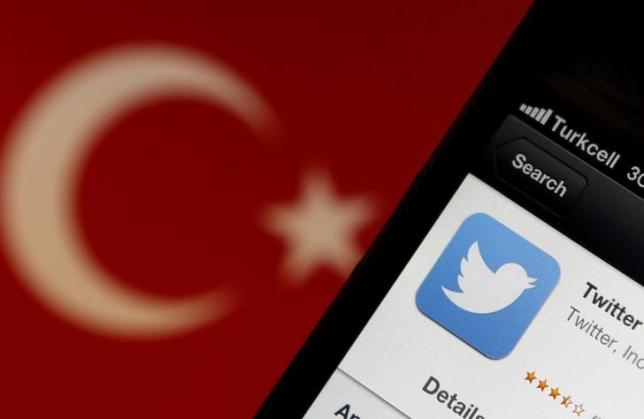
Turkey has reportedly listed social media, alongside terror groups such as Islamic State (Isis) and the Kurdistan Workers' Party (PKK), as perceived threats to national security.
According to local media, Turkey's National Security Council (NSC) has submitted a draft of a document revealing perceived threats to the country. The draft is part of the 2015 National Security Policy Document (NSPD), and it listed Twitter, Facebook, and YouTube among 160 social networking sites that pose a threat to Turkey's national security.
Pro-government Turkish daily Yenisfak reports that social media has been used for triggering protests against state structure, while organisations that "exploit" religion such as Isis, and ethnic-based terrorism, specifically the PKK, have an active presence. It further highlights that social media promotes a parallel state structures and threatens the stability of the state.
The NSC is headed by Turkish President Recep Tayyip Erdogan, members from the Turkish government, and commanders of the country's Armed Forces.
According to Newsweek, the content of the draft "strongly reflects the views of the ruling AKP party", which has clear Islamic roots.
Earlier on Monday, the Turkish government briefly banned the social networking sites for permitting users to circulate images of prosecutor Mehmet Selim Kiraz being held at gunpoint by a masked man from a radical leftist group.
Prime Minister Ahmet Davutoglu went on to call the outlets that circulated the photograph as "tools of terrorist propaganda."
As of now, access to three major social networking sites has been restored after they agreed to delete the image from their platforms.
People largely believe that the ruling elite in Turkey feel threatened by dissent on social media, especially as the country is heading for an election in June.
Yaman Akdeniz, a Turkish law professor who successfully challenged the ban on Twitter and YouTube last year, told Newsweek that the government is scared that it may not be able to control it.
"The government sees the social media platforms as a threat because they cannot control it. It is the only platform left for people to express themselves freely," he said. "So, they are trying hard to control it by not only issuing vague and disproportionate blocking orders but also by initiating criminal investigations and prosecutions involving postings on social media platforms."

















